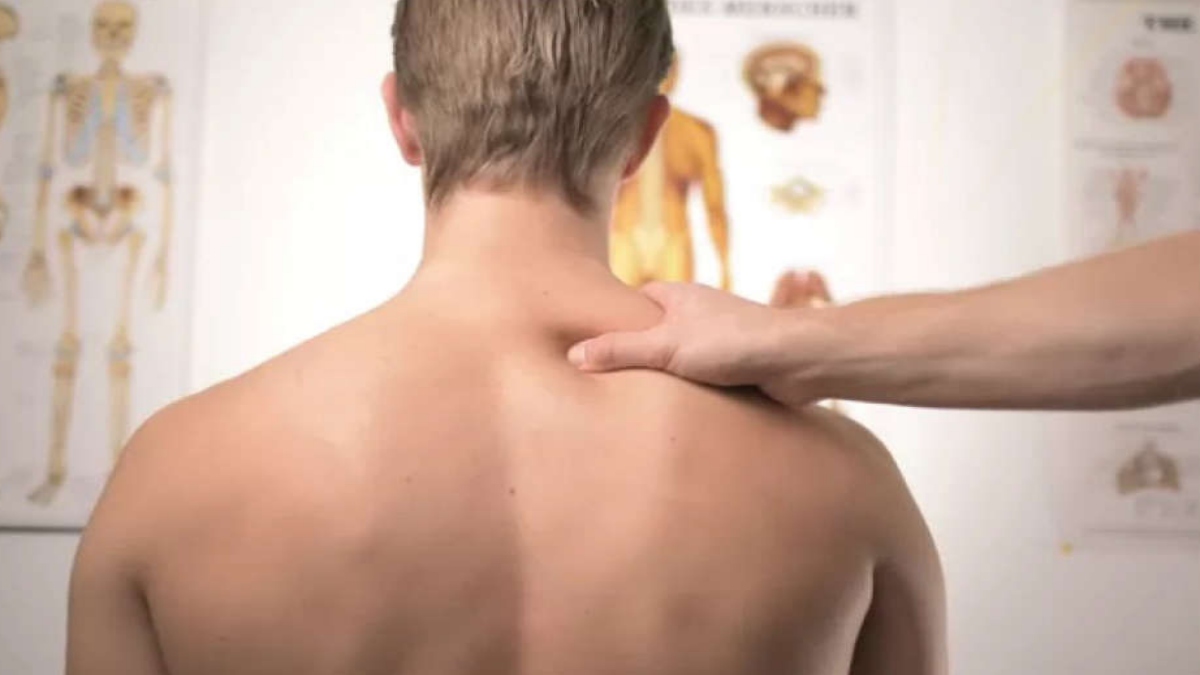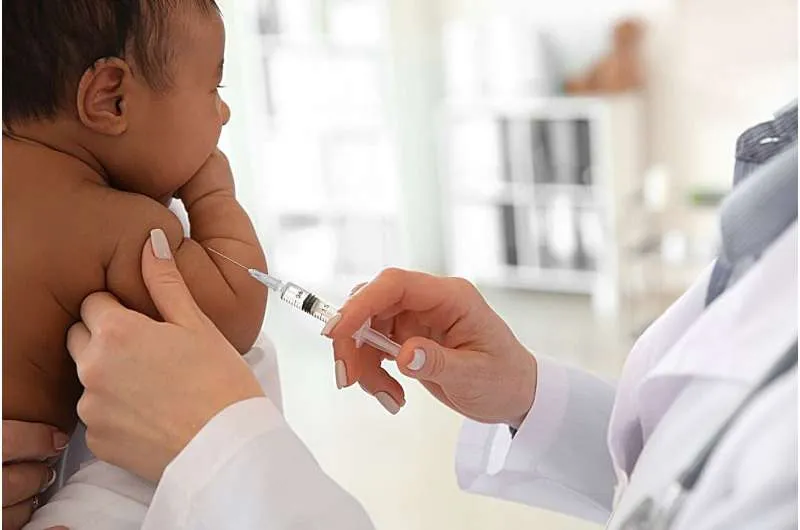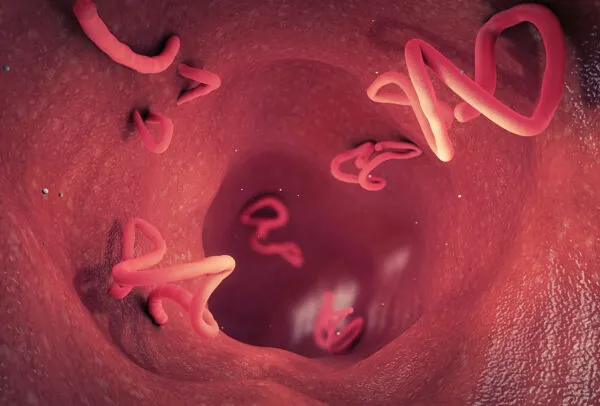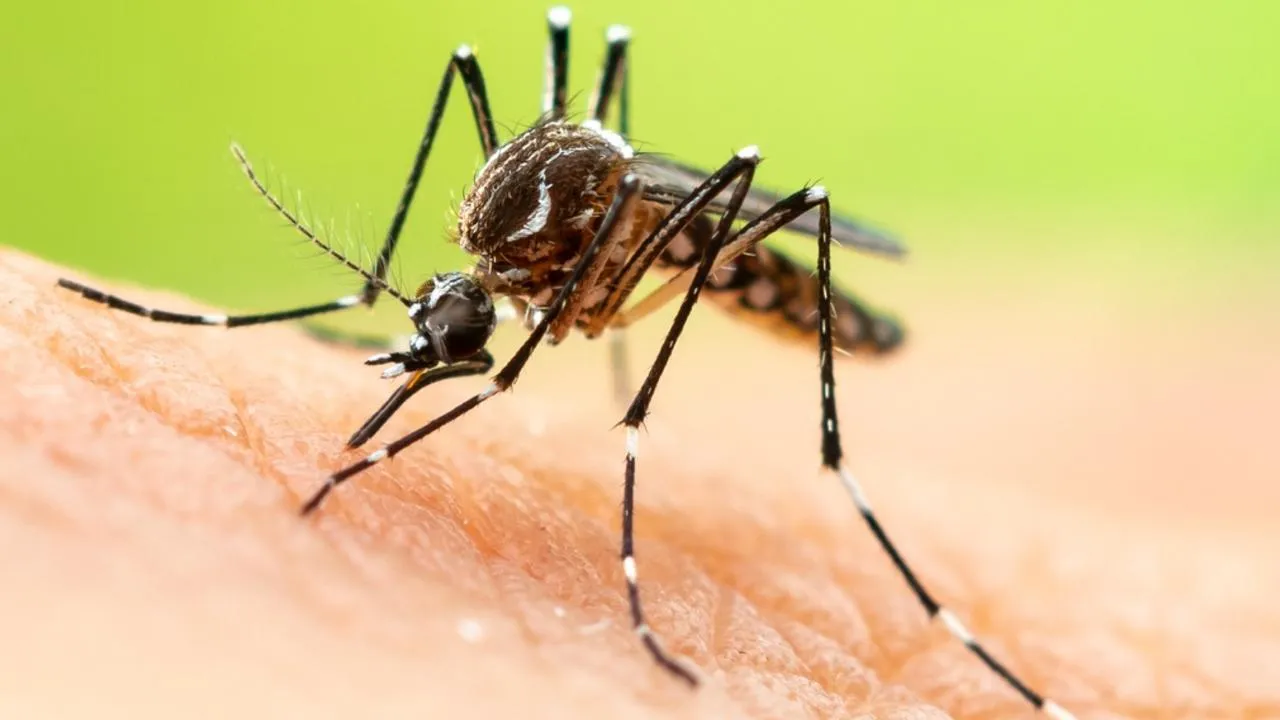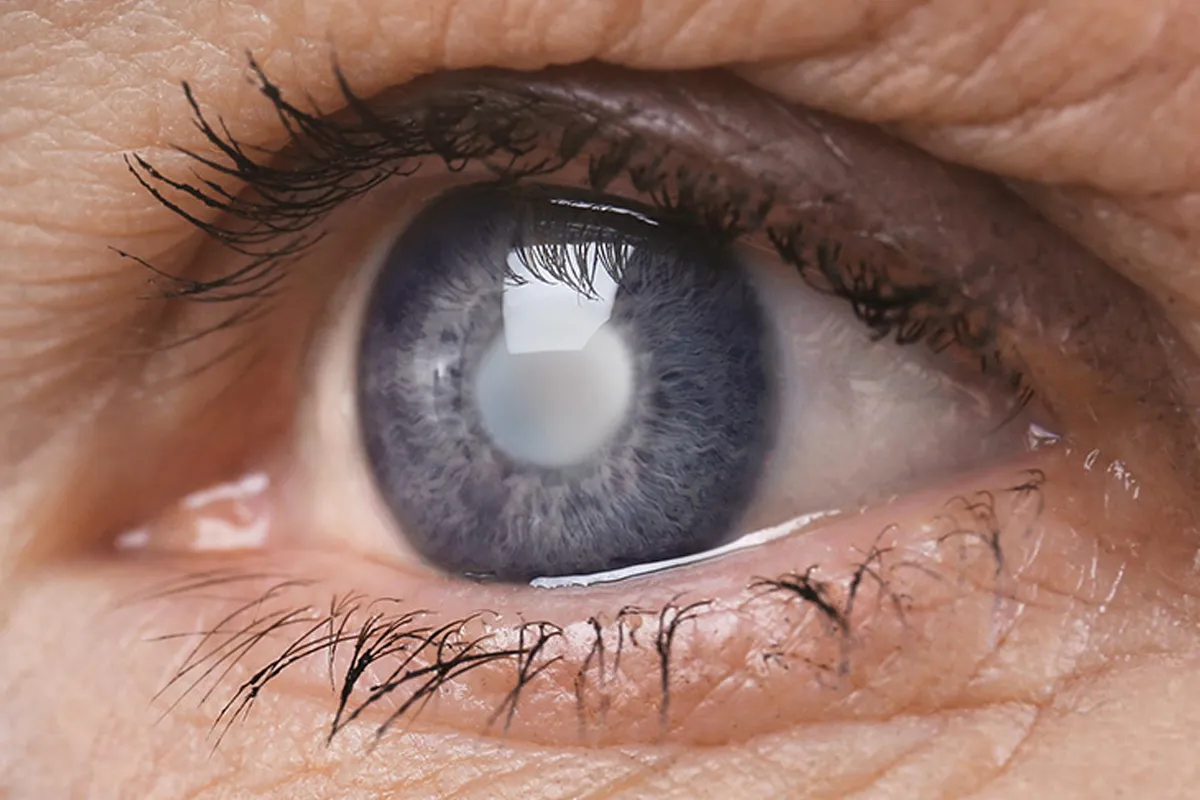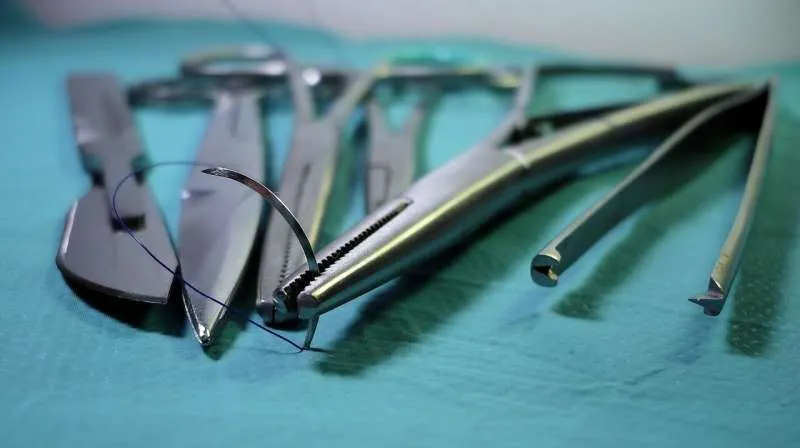Musculoskeletal disorders, also known as MSDs, are soft-tissue injuries that affect the movement of the human body or the musculoskeletal system, including muscles, nerves, tendons, ligaments, discs, and blood vessels. Repetitive stress injury, repetitive motion injury, overuse injury, and much more are commonly used terminologies for MSDs.
The titles may vary, but musculoskeletal disorder by itself indicates one singular cause of damage, and that is stress and repetition. From simple back pain to shoulder pain to inflammation of the tendon, these and a few more are some of the musculoskeletal disorders that can gradually develop or worsen with constant overexertion or improper use.
Typically, in the case of a lower back sprain or strain, the cause is the same: soft tissues get inflamed and result in immense pain and muscle spasms, which can be very debilitating to a person’s activities and movements of daily living. Overall, the underlying triggers of this condition could be related to daily life, work, or age. The initial signs that MSDs show include pain, discomfort, and a loss of mobility, which may deteriorate if not addressed on time. MSDs can also affect your quality of life in the short-term as well as
CAUSES OF MUSCULOSKELETAL DISORDER
MSDs most often emerge in the workplace since they are an outcome of frequent and repetitive movements that cause trauma to the skeletal and muscular structures. However, the reasons can also be associated with your day-to-day activities at home or elsewhere.
COMMON SYMPTOMS OF MUSCULOSKELETAL DISORDER
One of the most common symptoms of MSDs is severe pain, which progresses with time and movement. The initial few signs could begin with an affected limb that gives a little ache. This pain then advances to a consistent pain that persists and impacts one’s functionality. Eventually, someone with an MSD will start noticing stiff joints, swelling, or tight muscles. Those who indulge in repetitive tasks, whether it’s lifting heavy materials for hours together or typing on the computer for 10 hours a day, are most likely to experience these symptoms. Hence, it’s important to be aware of even the minute signs and manage them proactively than wait for a more serious injury or strain.
WAYS TO PREVENT MUSCULOSKELETAL DISORDER
Warm up and stretch: Before you start any activities that are repetitive, or prolonged, ensure you warm up and stretch well. Before you start any activities that are repetitive, or prolonged, ensure you warm up and stretch well.
This not only helps prepare your body for the work ahead of you, but also offers an opportunity to break the monotony of your routine.
Alter your work technique: Identify the best way to complete a job by keeping the goal of reducing your risk factors in mind.
For example, when you want to lift and move heavy materials, use helpful equipment like carts, forklifts, and hand trucks to safeguard yourselves from any injury.
Change positions from time to time: The foremost preventive step you must take is to respect pain. Pause an activity or change positions whenever any task causes pain. While sitting, maintain an erect position of the neck and back with relaxed shoulders.
Reducing twisting and bending motions. Keep your upper arms as close to your body as possible. Always keep your feet flat on the floor whenever seated.
The author is Chief Medical Officer, Innoplexus Ex-Global Clinical Development Leader (Merck, Roche, and Amgen) 20+ years of experience in drug development and discovery. He has worked extensively in clinical trials, research, and therapeutic concepts.

